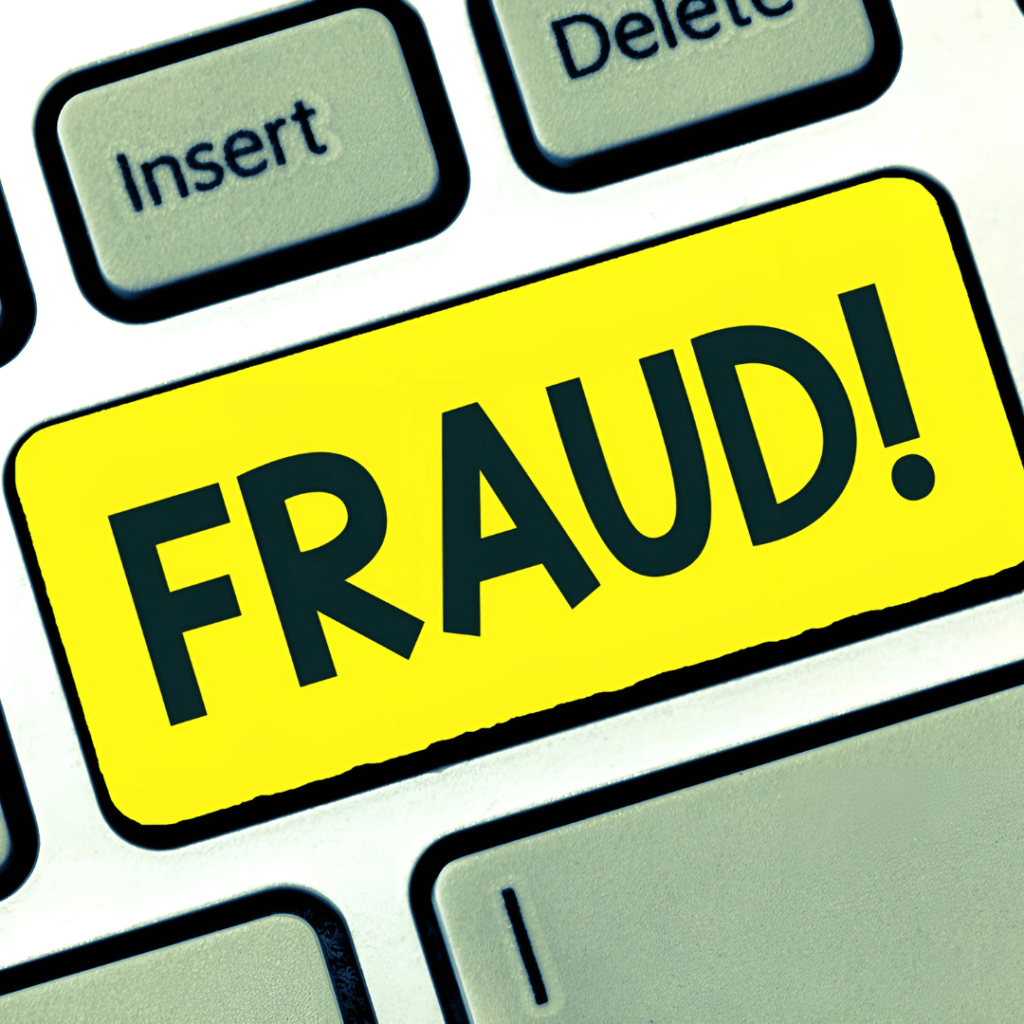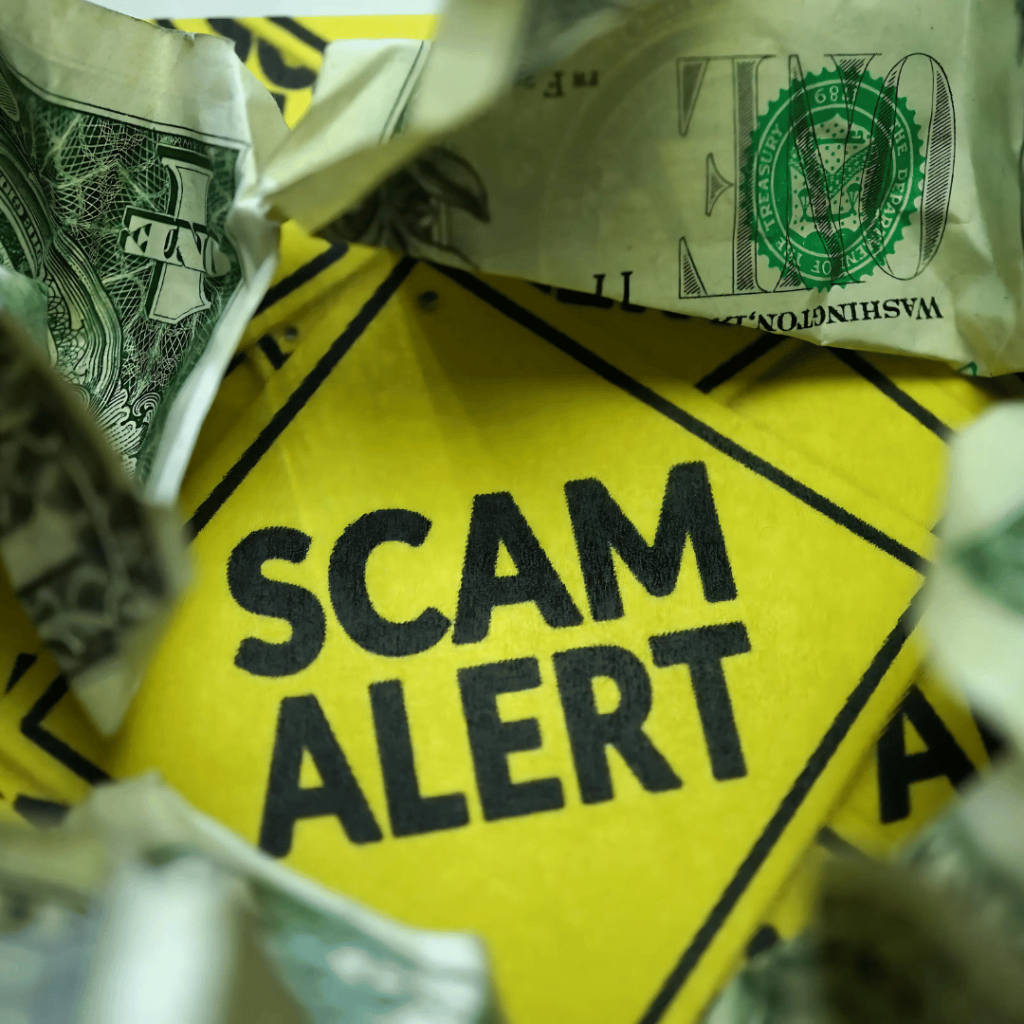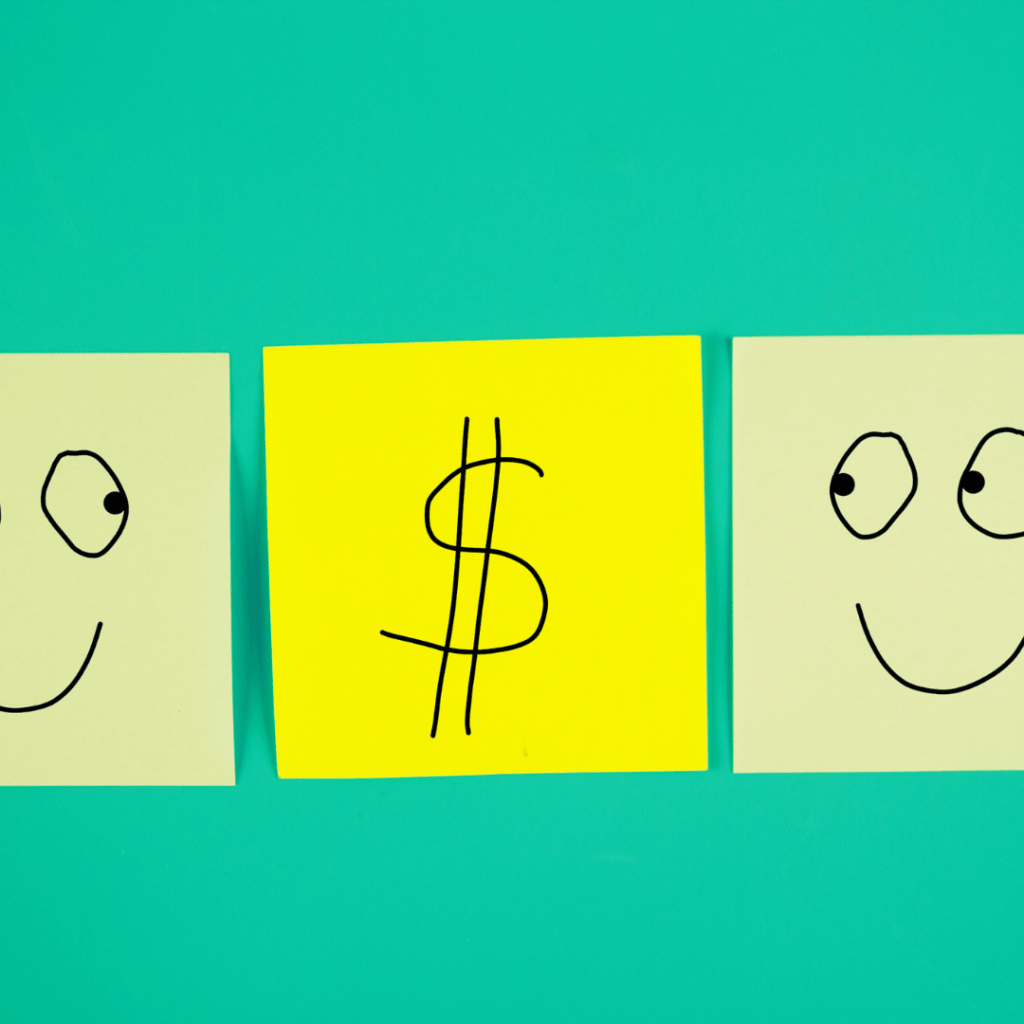Chasing Trouble: A Cautionary Tale on Greed, Glitches, and Getting Busted
Ah, the allure of “free money.” It’s as intoxicating as the smell of fresh-baked cookies but with more disastrous consequences. Just ask those brave, misguided souls who recently thought they’d outsmarted one of the largest banks in the world, Chase Bank, by exploiting a so-called “glitch.” The only problem? It wasn’t a Chase Bank glitch. It was a fraud. And, spoiler alert, it ended badly.
But don’t worry. I’m not here to lecture you in the somber tones of a financial advisor. No, let’s approach this like rational human beings who understand that when something sounds too good to be true, it probably is—like getting rich by faking checks or the idea that pants with elastic waistbands are “temporary.”
The Setup: Viral Chase Bank Glitch
You’re scrolling through TikTok, minding your own business when suddenly a video pops up. It promises you untold riches through a foolproof scheme—deposit a fake check, withdraw real money before anyone catches on, and then bask in the glow of your newfound wealth like a pirate who just stumbled upon the world’s least-guarded treasure chest.
Who wouldn’t be tempted? It’s like discovering a vending machine that gives you back twice the amount of cash you put in. The Chase “glitch” supposedly worked by allowing customers to deposit checks (spoiler alert: FAKE checks) and withdraw the money before the system caught on. No one thought to ask: “Why would a system that manages billions of dollars have a flaw this glaring?”

Yet, off went the eager scammers, driven by greed, a vague understanding of banking, and a deep commitment to making terrible life choices. Videos of people celebrating their ill-gotten gains began circulating on social media, often showing them flaunting wads of cash with all the subtlety of a reality TV star buying a new yacht.
Now, the thing about this “glitch” is that it wasn’t really a glitch. Not because Chase’s systems suddenly became self-aware and decided to shower humanity with unearned wealth as a gift. In fact, Chase’s spokesperson put it quite bluntly: This is fraud. Plain and simple.(AOL.com) (Fox Business). The problem wasn’t that the bank had made a mistake; it was that people believed they could outwit one of the world’s largest financial institutions.
Act Two: The Real Cost of Being Greedy
Remember when you were a kid, and your parents warned you not to eat too much candy because you’d have a stomach ache? The same principle applies here, but instead of a stomachache, you’re left with a frozen bank account and the possibility of legal action.
As soon as the scam gained traction online, Chase Bank sprang into action, likely accompanied by the sound of an alarm and the sight of a giant “FRAUD DETECTED” flashing on some costly screens in their headquarters. They teamed up with law enforcement because if there’s one thing banks dislike more than counterfeit checks, it’s people trying to steal their money under the guise of “hacking the system.”

The scam followed a time-honored tradition of check-kiting, where fake checks are used to inflate bank balances temporarily. The scammers hoped to withdraw the money before anyone noticed that the check was essentially as valuable as Monopoly money(AOL.com). Being neither a fool nor an eager participant in this game, Chase froze the accounts of those involved. And instead of rolling in dough, participants found themselves in deep debt, with some accounts showing negative balances of tens of thousands of dollars(Fox Business).
The harsh reality hit like a cold bucket of water: greed doesn’t just leave you empty-handed; it leaves you owing more than you ever thought possible.
The Lesson: Why Greed is Not the Best Financial Strategy
Let’s break it down for all the future masterminds: stealing from a bank, or any institution for that matter, isn’t a wise investment plan. It’s not just morally questionable; it’s also foolish. Greed has this magical ability to cloud judgment, making people think that they’re the exception to the rule. You know the rule—the one that says, “If you commit fraud, you’re going to get caught.”
Now, I’m no financial advisor, but here’s a hot tip: banks, especially ones like Chase, have entire departments dedicated to fraud detection. If you thought they wouldn’t notice tens of thousands of dollars vanishing into thin air after you deposited a check that looked like it was printed at Kinko’s, then congratulations! You’ve underestimated the intelligence of an institution older than your grandparents.

Like any other bank, Chase does not hand out free money because you were clever enough to find a “glitch.” If anything, this kind of greed only leads to one place—legal trouble, which tends to be the polar opposite of a get-rich-quick scheme.
A More Sensible Approach: Earn Your Money
Here’s a radical idea: instead of trying to game the system, what if we, I don’t know, worked for our money? It’s old-fashioned, sure, but it has this amazing benefit of not being illegal.
Besides, there’s a certain charm to earning wealth slowly, in an unglamorous way. Instead of a viral TikTok video showing you making a huge withdrawal (only to have your bank account frozen hours later), you can post a video of you responsibly budgeting, paying your bills, and maybe even saving for that yacht. It won’t get a million views, but you won’t explain to your lawyer why you owe Chase more money than the GDP of a small country.
Final Thoughts: Greed and the Modern Fool
An old proverb says, “A fool and his money are soon parted.” But in this case, it’s more like, “A fool and Chase’s money are soon parted—and also served with a court summons.” Greed has a funny way of leading people down paths they wouldn’t normally take, with bad decisions and worse consequences.
Ultimately, these would-be scammers learned (the hard way) that there’s no such thing as free money. For every dollar you try to snatch from a bank under false pretenses, there’s a price to be paid. And no, the bank doesn’t offer a layaway plan.
So the next time a viral “get-rich-quick” scheme tempts you, remember: if you try to beat the system, the system will beat you. And if that happens, you can expect to be left with nothing but regret, a frozen bank account, and the undeniable fact that greed, like fake checks, always bounces.
